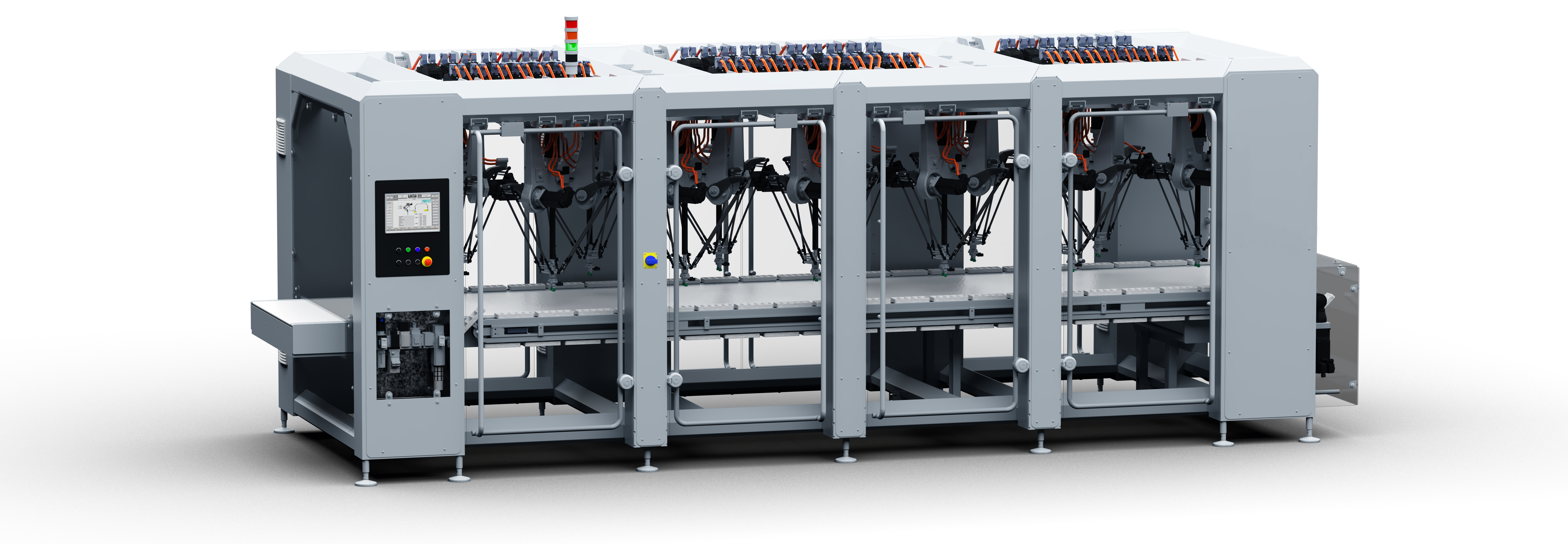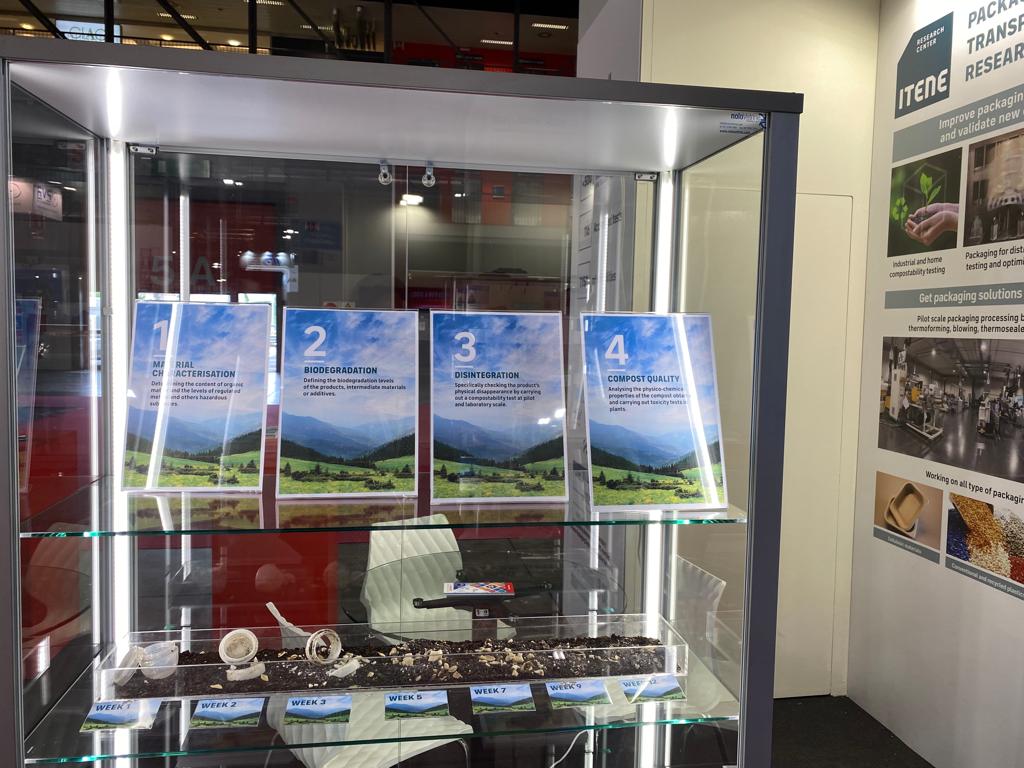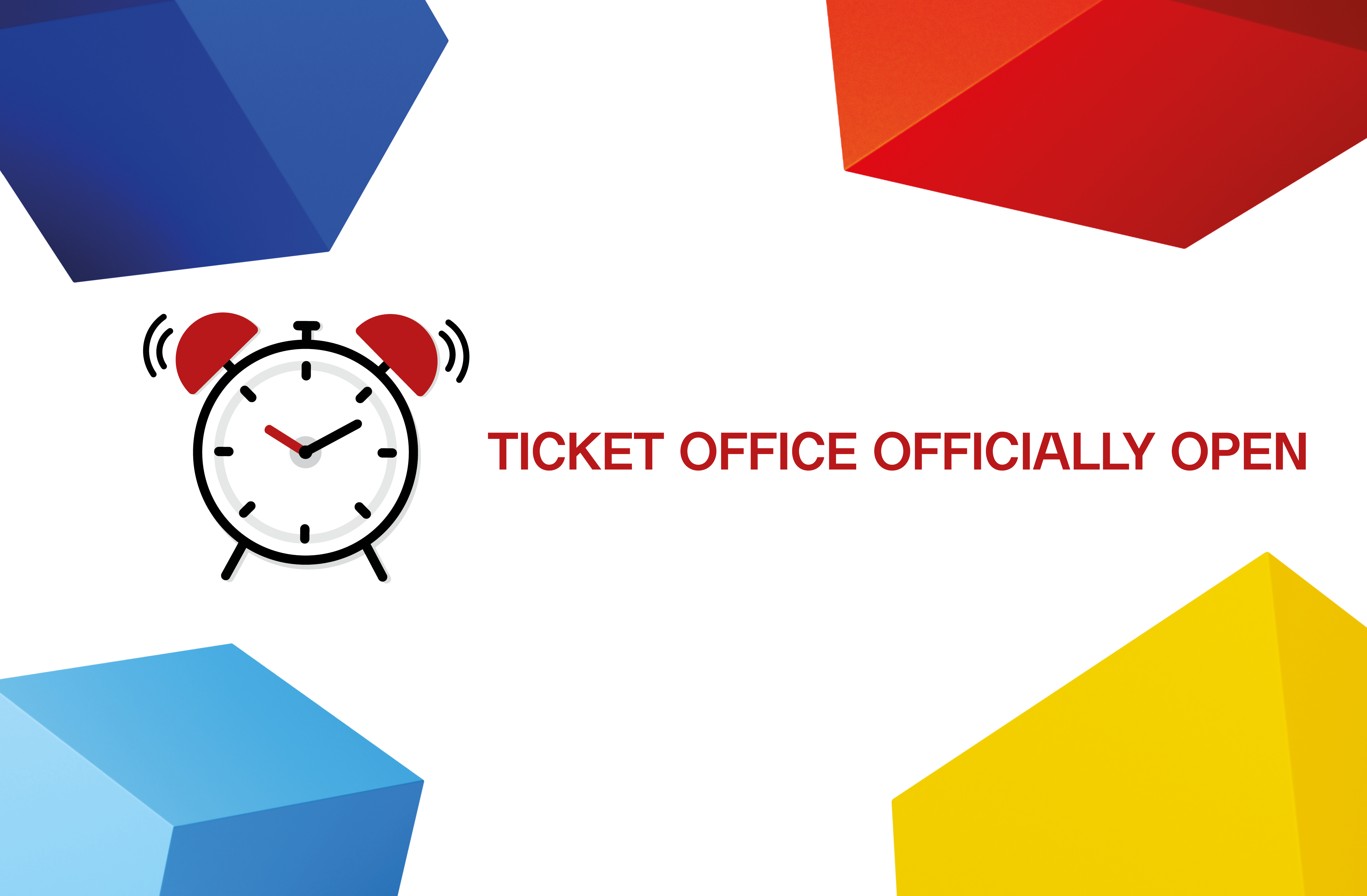CAMA: technology between innovation, sustainability and new markets

Since 1981, CAMA has been a leader in engineering and manufacturing complete high-tech secondary packaging systems for the food and non-food sectors. The Packaging and Robotics divisions make up CAMA's offering for complete lines, from primary packaging handling to finished packaging ready for palletization. We asked Alessandro Rocca, Group Sales Director of Cama Group, and Paola Fraschini, Marketing Manager, for their considerations on business in the coming months.
What solutions are you focusing on currently? And what projects will you be bringing to the event?
"CAMA's focus has always been multi-sector," says Alessandro Rocca. "We don't aim at one market, but we are recognized as a cross-category company, capable of moving from the world of bakery to that of non-food, with all the possible declinations of the case. We therefore represent an example of polyvalency in the secondary sector. As for IPACK-IMA, we will offer visitors the opportunity to touch our machines, but not only. Through videos related to new applications, we will introduce CAMA plants and lines, for an even richer presentation. At the show, we will bring a robotic line with a battery of 12 Triaflex robots designed to pick up product and put it in trays. Of note, both machines have an Industry 4.0 package and are applicable to a variety of industries.
Entering detail, the machine we are going to exhibit is a fully integrated robotic solution, with a very small food print and a battery of 12 Triaflex robots working in co-flow, therefore capable of packaging about 1000 products per minute. These robots feature an anti-collision system, which allows them to work in a very small space without interfering with each other's functions: two product loading lines, therefore, one on the right and one on the left, with various configurations. The lines have an advanced vision system, which allows them to recognize product shapes and do quality checks. They are also equipped with an integrated digital-twin simulation system, the flagship of the first phase of Industry 4.0. Even before the machine was produced, in fact, we focused on preventive design, dedicated engineering that allowed us to replicate the packaging behavior of the products and their trajectories. All of this is visualized with a large HMI touch screen, which we have mounted directly on the machine and which allows you to see how the system was designed at the virtual engineering level and how it was then explained in reality. It's a way to let the customer know how essential this phase is to the success of the project. This design strategy is very useful in sectors such as frozen food, where there is no guarantee of being able to test the entire product, maintaining the cold chain and quantities, which in that sector are often tons processed on very fast lines, on which to simulate operation. The digital twin therefore helps to simulate a real production cycle and helps to prevent problems that, if discovered during assembly and testing, are a very serious problem. The analysis of behaviors, loads, trajectories and robots has given therefore, a strong advantage.
Cama's machines have also been enriched with Industry 4.0 augmented reality packages, but with one more feature than the robotic application mentioned above. The machines show through a tablet, all stages of maintenance, changeover and spare parts. The information, which was previously accessible with the paper manual, is displayed on screen via QR code. A user-friendly solution that almost completely replaces the traditional manual, effectively supporting staff training.
The added value of Cama machines is the total customization of the plants; our application standards include specifications and machinery agreed upon with the customer, in order to provide him with an absolutely customized product. A strategy that meets customer requirements, allows us to offer faster service but also pushes us to take an extra technological leap because it becomes part of our knowledge base."
What are your expectations for the fair?
"After two years of downtime, we expect to return to networking, to talk face-to-face with visitors," says Paola Fraschini. "We hope for a good turnout at the event, not only local but also international. We're in Milan, we're playing at home and we want to pick up where we left off three years ago: from the success of the 2018 edition, which was very satisfying for us. IPACK -IMA is our home fair, we compare ourselves with European suppliers, but we are also curious to see how we position ourselves in the market and where others are, since our goal is to always be ahead of the competition. So, the fair is a good reference point to understand where we stand on the technological path we have taken."
What is the market perspectives for 2022?
"Our company has branches on every continent, and where there isn't a branch, there is always a partner who has worked with us for several years," Rocca continues. "Global dynamics are obviously changing, emerging countries are making inroads, so we have recently consolidated two or three partnerships in Asian countries, where we are already seeing good success since 2021Important investments have been made in India and Thailand, with the aim of consolidating this part of the market. As far as consolidation is concerned, America has made an important turnover leap, which has prompted us to strengthen the American subsidiary, in order to respond to the need for automation in the area and to guarantee more services to our public. In fact, customer care has been revolutionized because of the pandemic, in particular by introducing the use of smart glasses and high-resolution cameras, useful for remotely supporting customers. The company's supply chain has also changed, in order to cope with the semi-conductor crisis that has plagued the electronic market in recent months. Even though delivery times have increased almost tenfold for some accessories, we are still trying not to let this crisis weigh on our customers. For 2022, as for the years to come, the objective remains that of opening to new segments, above all in the non-food sector, a sector in which we have already increased the share of our order book since last year, with a range of innovative machines that have taken us out of our comfort zone, proposing new challenges that we have successfully faced.
In fact, we have adapted our machines, which are specialized for the food market, to meet the needs of the non-food market, exploring new markets such as assembly, which is intense not only as packaging but also as components in sectors such as adhesive tape, cosmetics, but also returning to food, since some foods must be assembled".
Finally, Paola Fraschini, opens to the themes of sustainability and concludes, "We are pushing our sustainability-oriented solutions on the market, for which important orders have arrived. I am thinking of the greenest applications but also of the consulting services we have provided to some companies to improve their cardboard packaging. In fact, we have an in-house packaging consultancy department, where we support customers in switching, for example, from plastic to cardboard or in moving towards more sustainable solutions, guiding the choice of material or the design of the machine, for example, to reduce the carbon footprint of the process and the product. A much-appreciated service that is now part of our offer."


